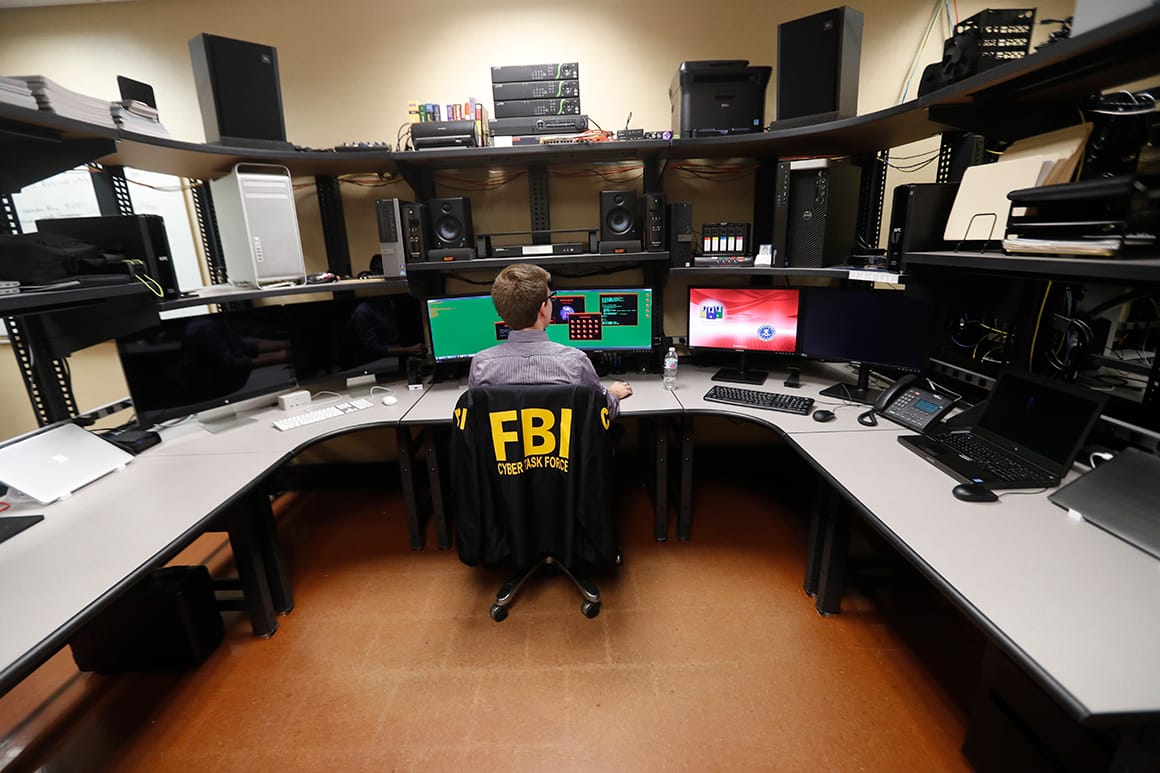As January 1, 2025, approaches, multiple states in the United States are poised to roll out new gun laws that are expected to reshape the landscape of firearm ownership and regulation. These legislative changes come in response to ongoing debates about gun safety, public health, and the balance between Second Amendment rights and community security. The new laws vary by state, reflecting local priorities and concerns regarding gun violence and safety measures.
One of the most notable changes is the introduction of universal background checks in several states. Under this new provision, individuals seeking to purchase firearms will be required to undergo comprehensive background checks, regardless of whether the sale occurs through a licensed dealer or a private party. Proponents of this measure argue that universal background checks are a crucial step in preventing firearms from falling into the hands of individuals with a history of violence or criminal activity. Critics, however, express concerns about the potential for increased bureaucracy and the impact on law-abiding citizens who wish to purchase firearms without unnecessary delays.
In addition to background checks, some states are implementing red flag laws, which allow law enforcement or family members to petition for the temporary removal of firearms from individuals deemed to pose a risk to themselves or others. These laws aim to provide a proactive approach to preventing gun violence by addressing mental health concerns and potential threats before they escalate. The implementation of red flag laws has sparked discussions about due process and the rights of gun owners, as well as the effectiveness of such measures in reducing gun-related incidents.
Another significant change involves the regulation of firearm accessories, particularly high-capacity magazines and certain types of semi-automatic weapons. Some states are moving to restrict the sale and possession of these items, citing concerns over their use in mass shootings and other violent incidents. This aspect of the new legislation has drawn strong reactions from both advocates and opponents, with supporters emphasizing the need for enhanced safety measures and opponents arguing that such restrictions infringe upon individual rights and freedoms.
Furthermore, training and education requirements for gun owners are being expanded in several states. New laws will mandate that individuals complete safety courses before obtaining a firearm. These courses will cover essential topics such as safe handling, storage practices, and the legal responsibilities associated with gun ownership. Advocates of this measure contend that education is vital for promoting responsible gun ownership and reducing accidental discharges and injuries. Critics, however, may view these requirements as an unnecessary barrier to legal gun ownership.
The implementation of these new gun laws is not without its challenges. Many states are grappling with the logistics of enforcing the new regulations, including the necessary funding for background check systems and training programs. Additionally, there are concerns about how these laws will be received by the public and whether they will lead to increased compliance or resistance among gun owners.
As these laws take effect, it is essential for gun owners and potential purchasers to familiarize themselves with the specific regulations in their states. Each state has its own set of rules regarding firearm purchases, ownership, and storage, and understanding these laws is crucial for compliance. Failure to adhere to the new regulations could result in significant legal consequences, including fines and criminal charges.
The broader context of these legislative changes reflects ongoing national conversations about gun violence and safety. Incidents of mass shootings and gun-related deaths have prompted calls for more stringent regulations, leading to a patchwork of laws across the country. As states adopt varying approaches to gun control, the debate over the balance between individual rights and public safety continues to evolve.
In conclusion, the new gun laws set to take effect on January 1, 2025, represent a significant shift in how firearms are regulated in several states. With provisions for universal background checks, red flag laws, restrictions on certain firearms, and expanded training requirements, these changes aim to enhance public safety while navigating the complex landscape of gun rights. As implementation approaches, it will be crucial for all stakeholders, including lawmakers, law enforcement, and gun owners, to engage in constructive dialogue to ensure that the laws serve their intended purpose without infringing upon individual rights.



